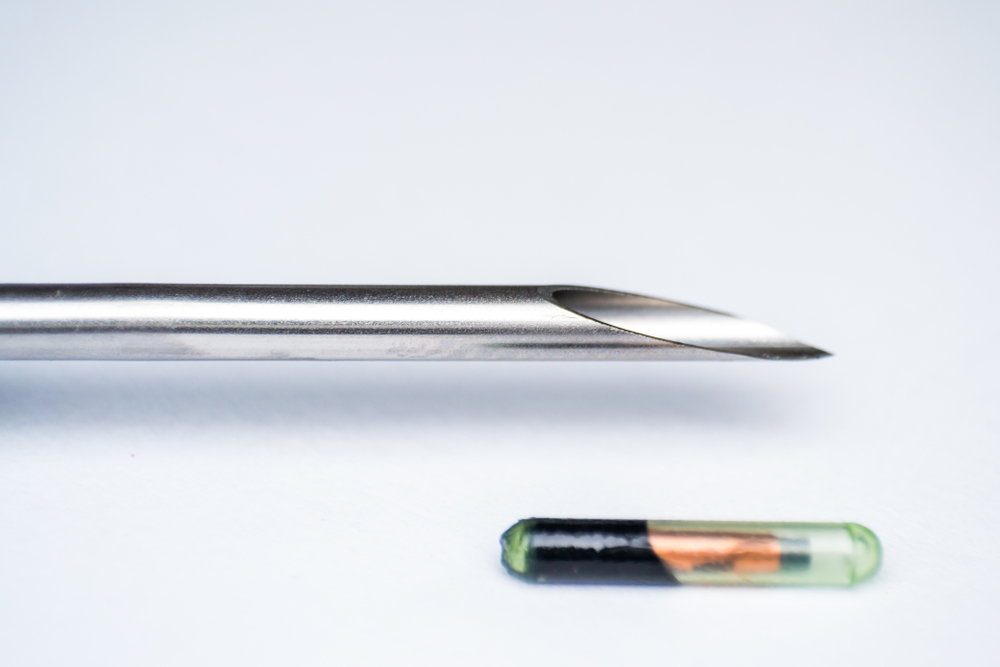
Microchipping: Protecting Your Horse, Dog, and Cat Family
Whinny’s Wisdoms

Hey everybody, Whinny here! As pet owners, we all share a profound bond with our four-legged companions (yes, mice can have companions, too!). They’re not just pets; they are beloved members of our families, providing us with unconditional love and unwavering loyalty. However, as responsible caretakers, it is our duty to ensure their safety and well-being. One essential step towards protecting our pets is microchipping. In this blog, we will explore the significance of microchipping for horses, dogs, and cats and how it can be a lifesaving measure in times of distress.
Peace of Mind
Losing a pet is every pet owner’s nightmare. The thought of our precious horse, dog, or cat wandering away and getting lost is heart-wrenching. Microchipping provides invaluable peace of mind, knowing that if the worst were to happen, there is a high chance of reuniting with our beloved companion. Unlike collars and tags that can break or fall off, a microchip is a permanent and tamper-proof identification method.
Efficient Identification
Collars with ID tags are a helpful identification tool, but they might not be foolproof. Microchipping, on the other hand, offers a reliable way to identify our pets beyond any doubt. Each microchip contains a unique identification number linked to the pet owner’s contact information in a secure database. If a lost horse, dog, or cat is found and scanned at a shelter or veterinary clinic, the microchip will reveal the owner’s details, leading to a swift reunion.
Safer Travel
Traveling with our pets can be a joyous experience, but it also comes with certain risks. Whether it’s a road trip, a visit to the park, or even an international journey, accidents can happen. Microchipping becomes particularly essential when traveling with horses, as they are often transported long distances. In case of an unforeseen escape or accident during travel, a microchip ensures that your horse, dog, or cat can be traced back to you, regardless of the location.
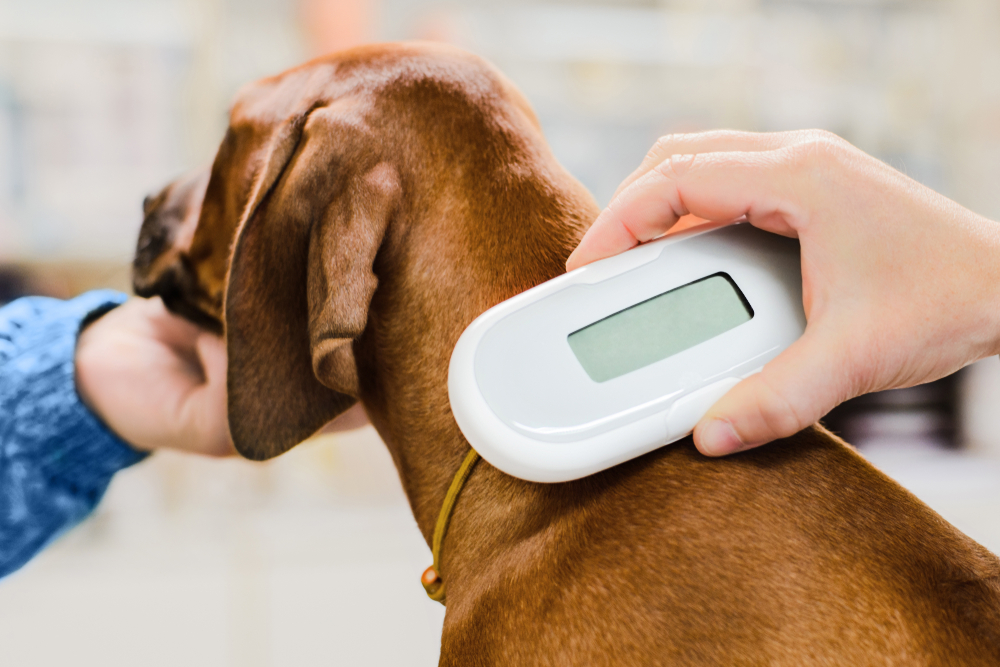
Preventing Pet Theft
Sadly, pet theft is a reality we must acknowledge. Cats and dogs, in particular, are targets of theft due to their high demand. Microchipping acts as a powerful deterrent, as stolen pets can be easily identified, making them less attractive to potential thieves. Moreover, if a stolen pet is brought to a shelter or veterinarian, the microchip will reveal their true owner, helping to prevent heartbreak and anguish for both the pet and the rightful family.
Medical Assistance
In emergencies, our pets cannot communicate their medical history or pre-existing conditions. Microchipping includes medical information, making it easier for veterinarians to provide necessary treatment promptly. Additionally, it aids in reuniting lost pets with medical needs with their owners, ensuring they receive appropriate care without delay.
Microchips for FEI and USEF Horse Competitions
Microchipping has become a vital aspect of horse identification and safety in FEI (Fédération Equestre Internationale) and USEF (United States Equestrian Federation) horse competitions to provide a unique identification number that is linked to the horse’s official records. This identification method ensures accurate tracking of horses throughout their competitive careers, reducing the risk of identity disputes and enhancing overall competition integrity.
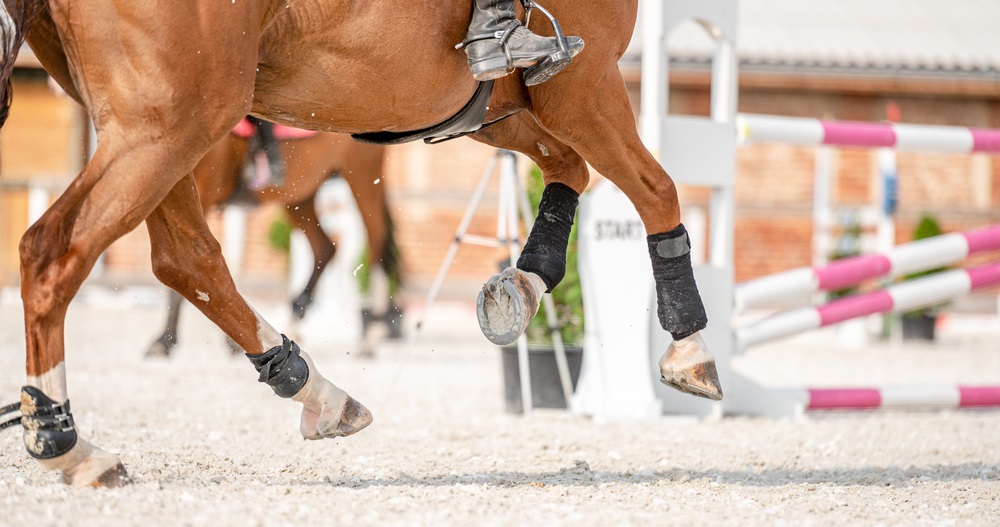
For FEI competitions, microchipping is mandatory for all participating horses. The unique identification number is recorded in each horse’s passport, which contains essential information such as ownership details, veterinary records, and vaccination history. This system ensures that the correct horse is entered into each event and helps to prevent fraudulent practices.
Similarly, USEF requires microchipping for all horses competing in licensed competitions. The microchipped identification number is linked to the horse’s USEF records, facilitating accurate tracking of results, ownership transfers, and age verification.
Conclusion
Microchipping is a simple yet powerful tool that strengthens the bond between humans and their cherished animals. The process is safe, minimally invasive, and brings numerous benefits that far outweigh any temporary discomfort. By getting our horses, dogs, and cats microchipped, we demonstrate our commitment to being responsible pet owners and safeguarding our furry family members.
Remember, the decision to microchip is an investment in your pet’s safety and well-being, and it may one day be the key to their safe return. Let’s ensure that our furry friends always find their way back into our loving arms, no matter where they wander.
You can call the humans here at Springhill Equine any time and add a microchip to your next appointment. The number is 352-472-1620.
Until next week!
~Whinny
P.S. Have you been checking out the videos over on my YouTube Channel? It’s a fantastic free resource, and my humans make new videos all the time! You can learn all kinds of stuff and get some entertainment at the same time. Don’t miss out!
 Whinny’s Wisdoms is the official blog of Whinny the Clinic Mouse at Springhill Equine Veterinary Clinic in Newberry, Florida. If you liked this blog, please subscribe below, and share it with your friends on social media! For more information, please call us at (352) 472-1620, visit our website at SpringhillEquine.com, or follow us on Facebook!
Whinny’s Wisdoms is the official blog of Whinny the Clinic Mouse at Springhill Equine Veterinary Clinic in Newberry, Florida. If you liked this blog, please subscribe below, and share it with your friends on social media! For more information, please call us at (352) 472-1620, visit our website at SpringhillEquine.com, or follow us on Facebook!
[jetpack_subscription_form title="Subscribe to Whinny's Wisdoms"]

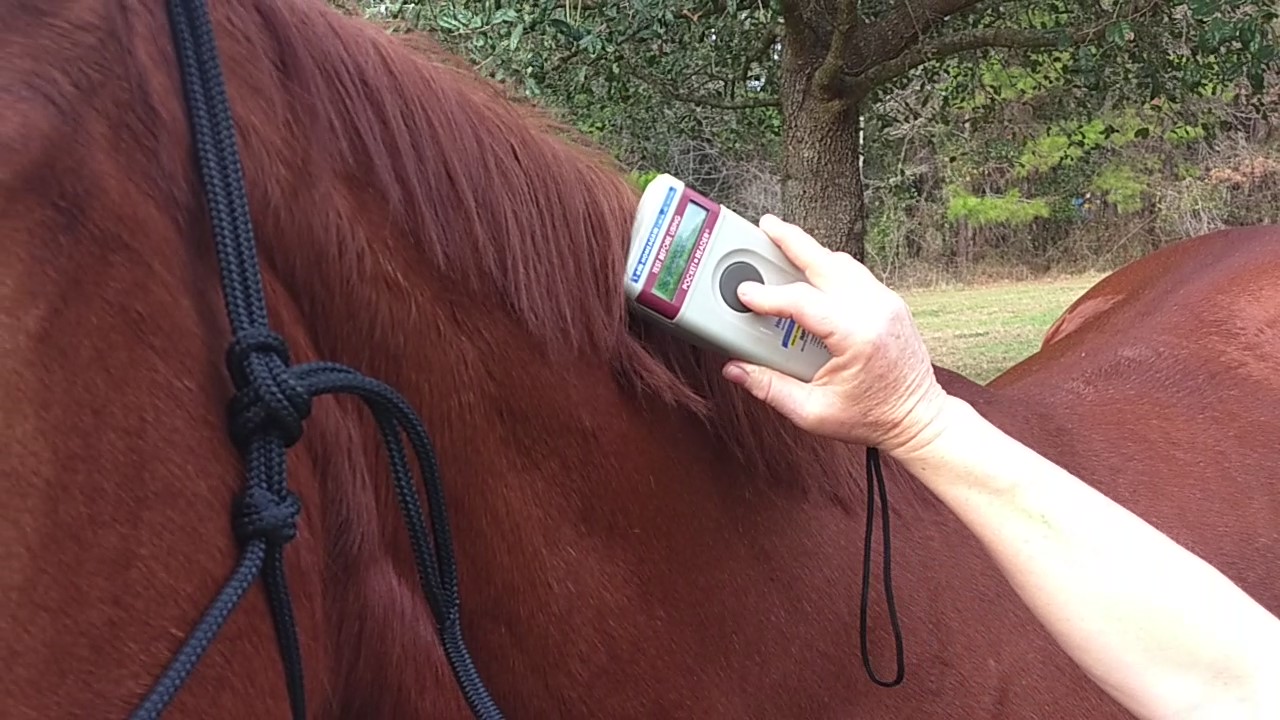

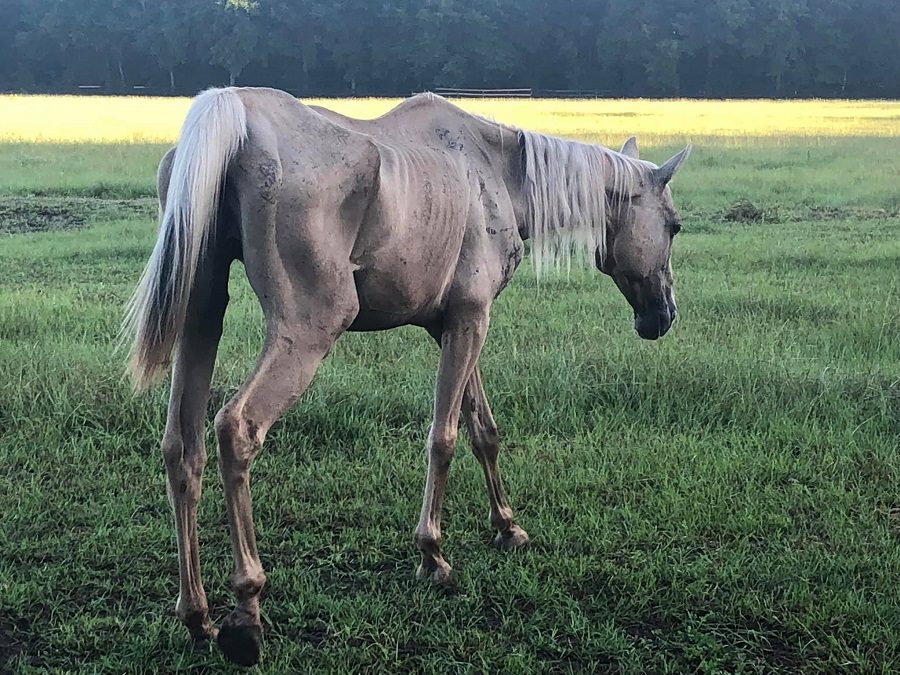
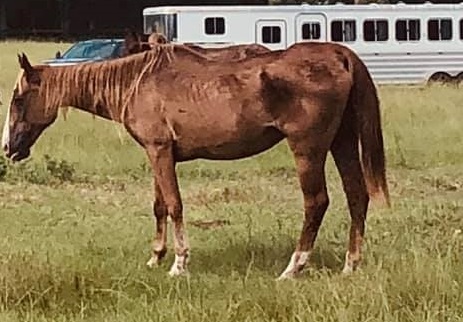
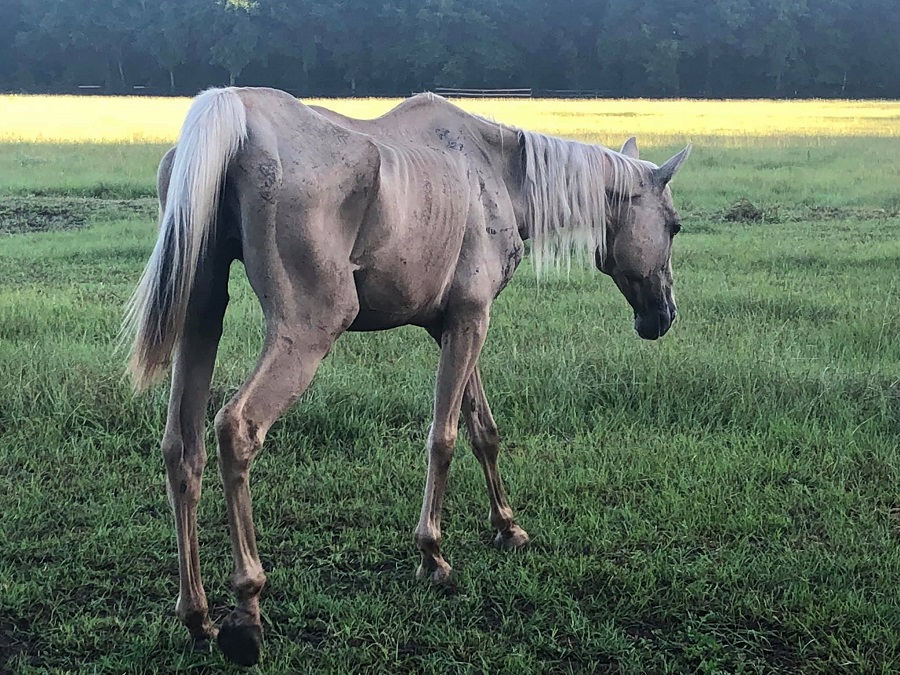
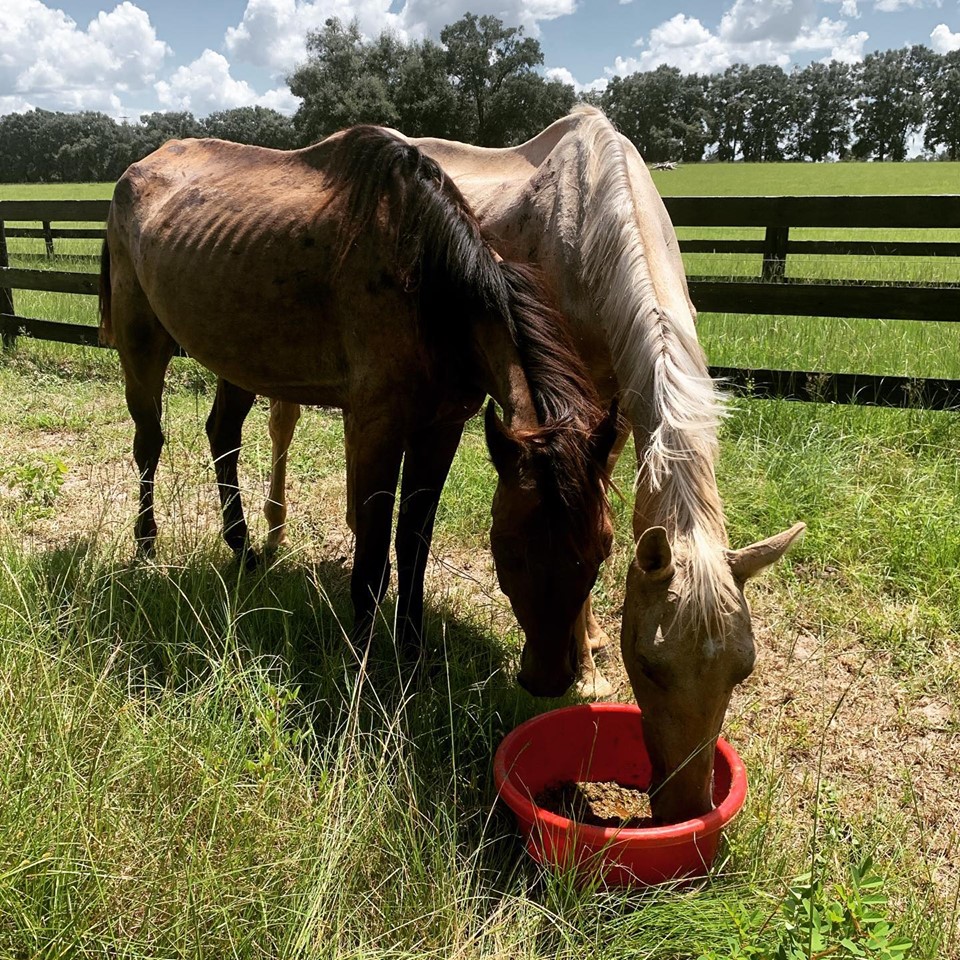
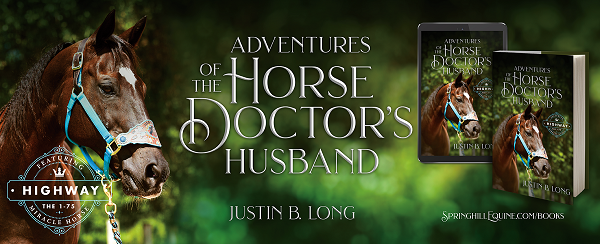
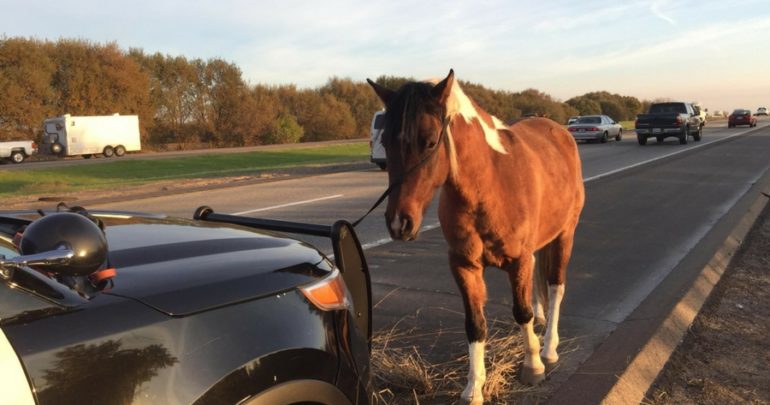



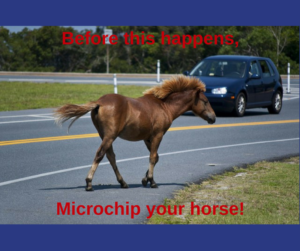
 You humans do this so you can be prepared for the pandemonium and chaos caused by hurricanes. They take down trees, annihilate power lines, and take down fences. All this leads to fantastic opportunities for your horses (and cats, and dogs) to explore the neighborhood without proper adult supervision. Microchips ensure the nice people who find your horse (or dog, or cat) can easily return them to you! Microchips are the reason nearly all horses were successfully reunited with their owners after Hurricane Katrina.
You humans do this so you can be prepared for the pandemonium and chaos caused by hurricanes. They take down trees, annihilate power lines, and take down fences. All this leads to fantastic opportunities for your horses (and cats, and dogs) to explore the neighborhood without proper adult supervision. Microchips ensure the nice people who find your horse (or dog, or cat) can easily return them to you! Microchips are the reason nearly all horses were successfully reunited with their owners after Hurricane Katrina.